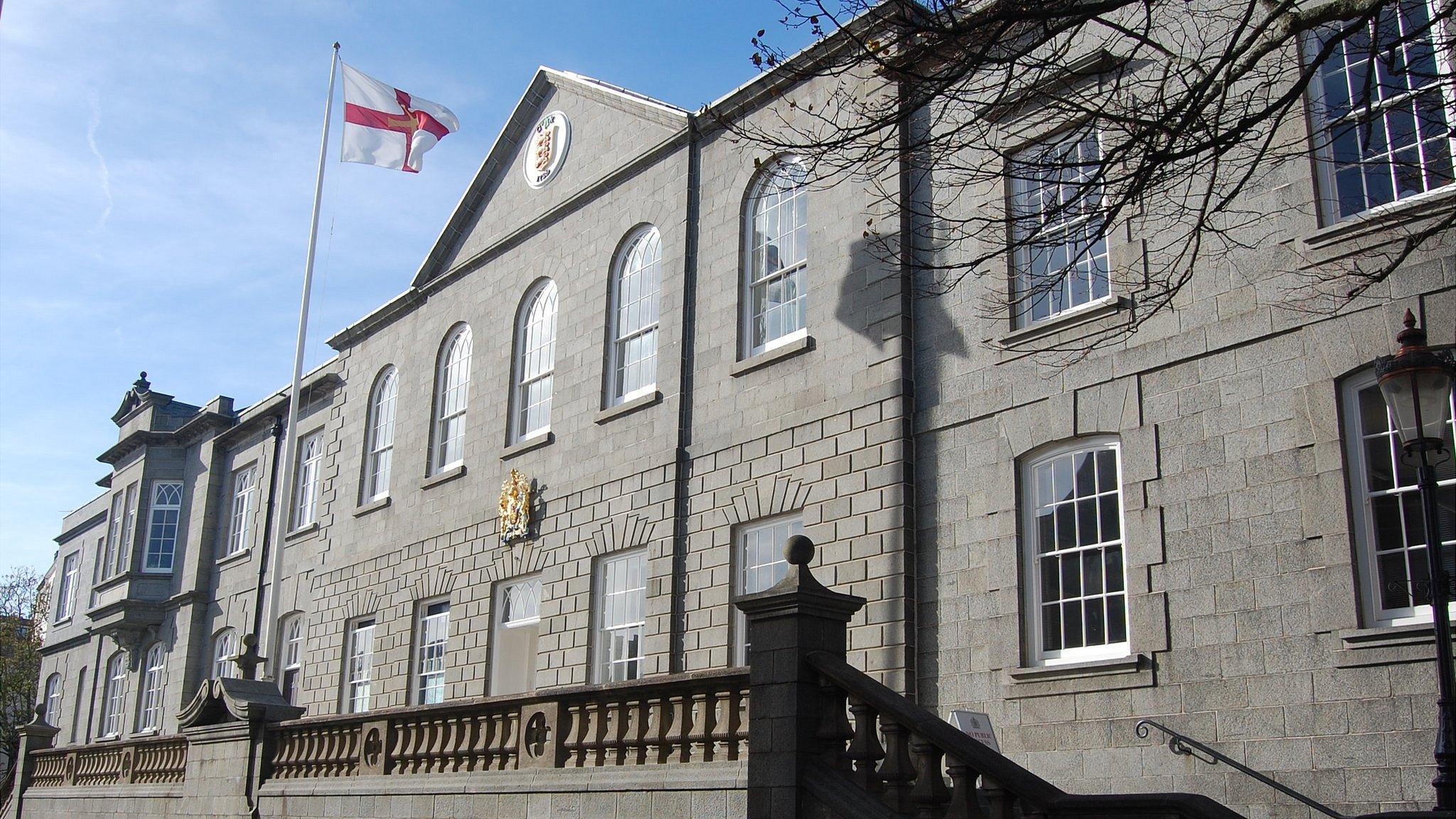New version of Guernsey's government comes into force
- Published
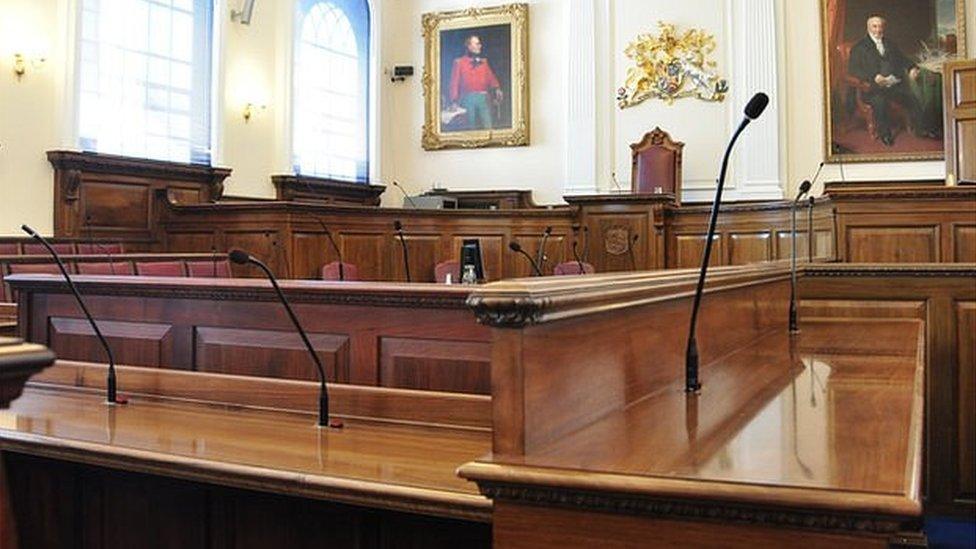
The presidents and other members of the new government committees will be chosen in May
Guernsey's new system of government has come into force.
It follows the island's general election, when the number of politicians elected was slashed from 45 to 38 - they were sworn in on Saturday.
The reform being introduced today sees the end of ministerial government and the start of a new committee system.
At its centre, the Policy Council & Treasury and Resources is replaced by a new five member Policy and Resources Committee (PRC) headed by a president.
He or she will be chosen on 4 May.
The committee will be responsible for setting the strategic direction of policy.
Nine principal committees will also be formed over the coming weeks - none of whose members will sit on PRC.
The States of Deliberation as a whole remains both legislature and executive - and therefore the ultimate decision-maker.

Analysis from political reporter, Simon Fairclough
Guernsey's new system of government - or maybe that should read the latest version of government for the island - comes into effect on 1 May.
Why is it changing? Well the idea is "to improve the island's traditional committee system ... to better support the States in their most important objective: to serve the people of Guernsey now and in the future" (according to the States Review Committee).
You may not have asked for it - but you were consulted!
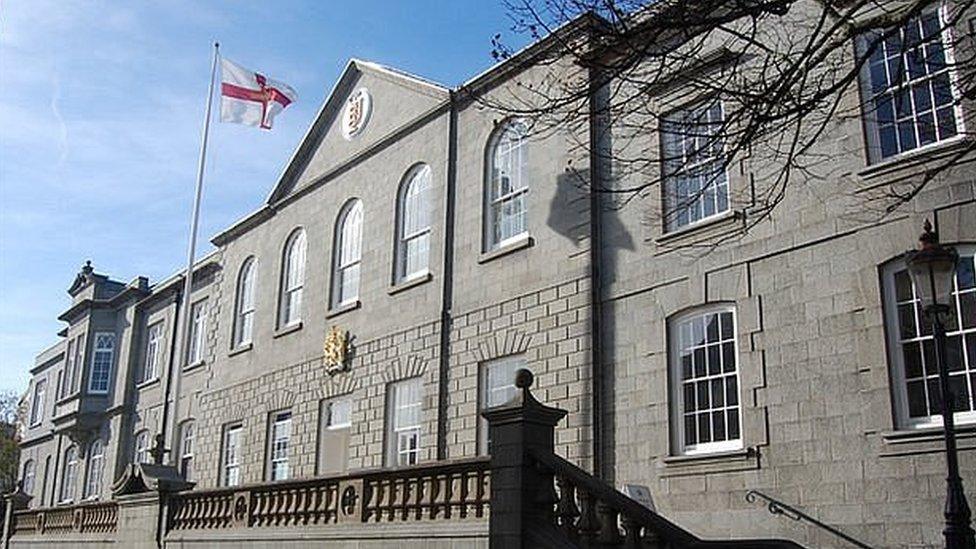
Moving from ministerial to committee style government is supposed to be more 'streamlined' according to decision makers
Eight fewer politicians, Departments become Committees and there are fewer of them.
And a new Senior Committee to co-ordinate policy, resources and external relations.
Members of the public may baulk at some of the costs that have been mentioned for changing signage and moving staff around Sir Charles Frossard House but the aspiration is to make the States more streamlined and responsive to all our needs.
The process has already begun and you should notice the difference in time - whether it's your transaction with social security, a visit to the hospital or the processing of your driving licence application.

New structure of government from 1 May 2016
One senior committee: Policy and Resources
Six principal committees: Economic Development; Education, Sport & Culture; Employment & Social Security; Environment & Infrastructure; Health & Social Care; and Home Affairs
Five boards or authorities: Development & Planning Authority; Civil Contingencies Authority; Passenger Transport Licensing Authority; Overseas Aid & Development Commission; and States' Trading Supervisory Board
Scrutiny Management Committee
States Assembly and Constitution Committee
- Published30 April 2016
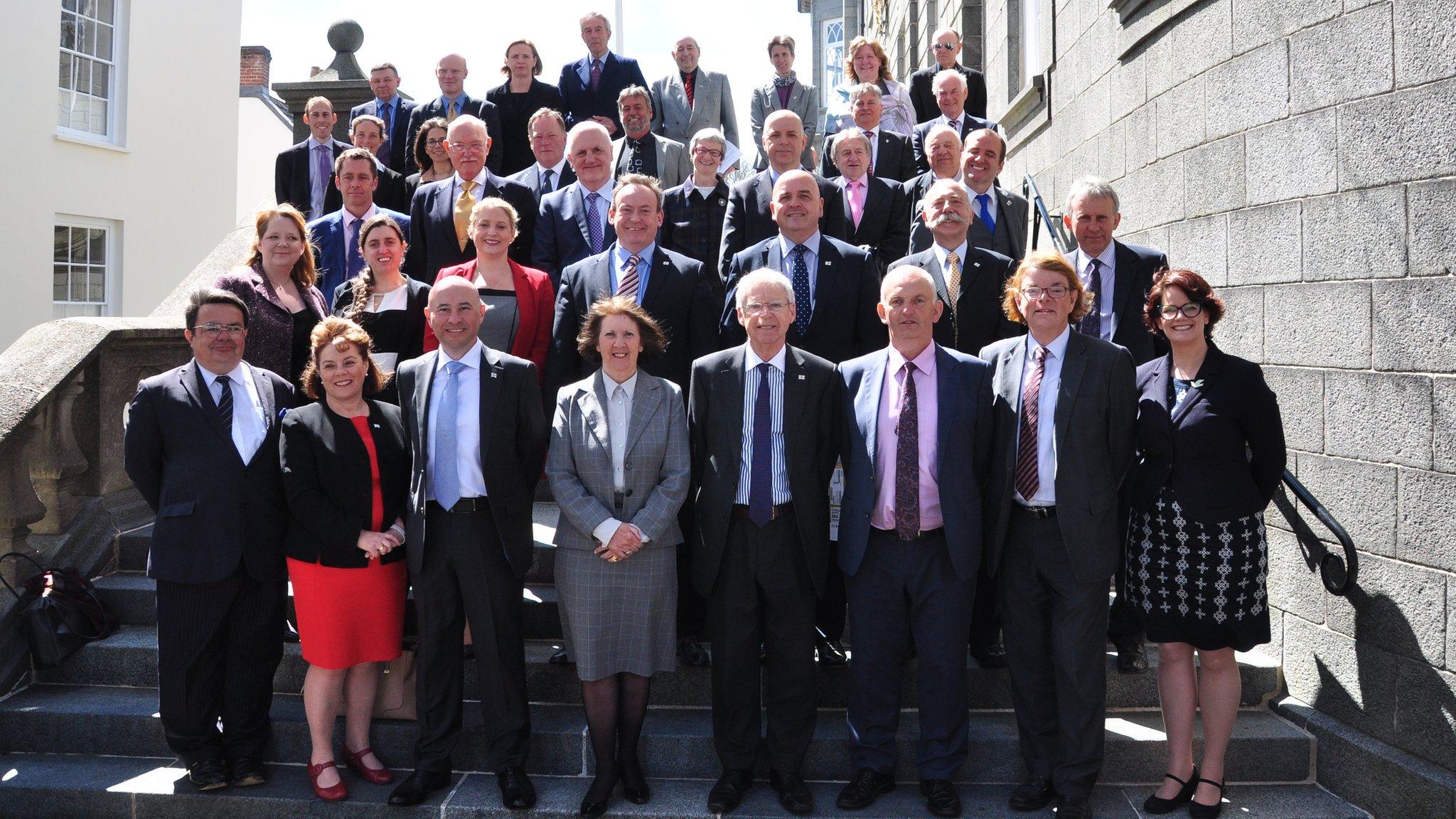
- Published28 April 2016

- Published27 April 2016
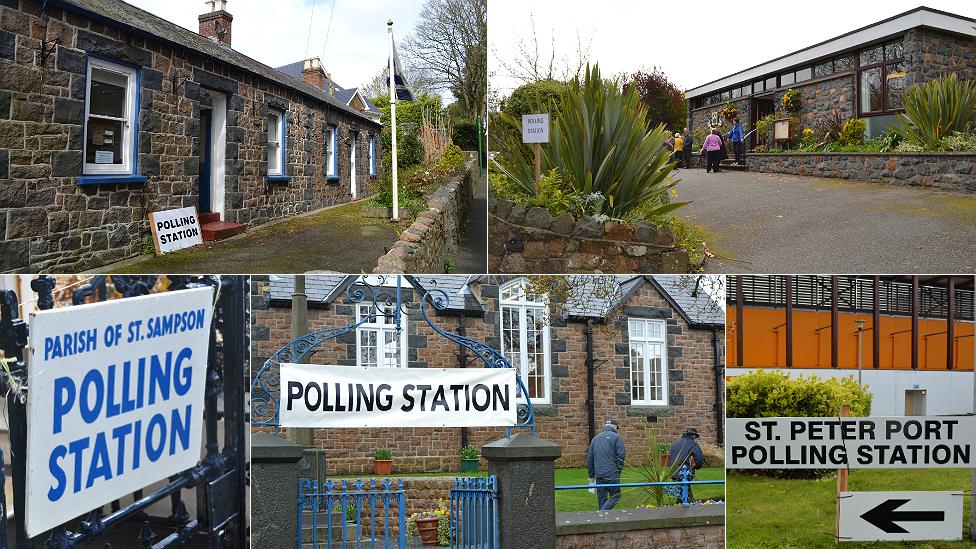
- Published22 April 2016
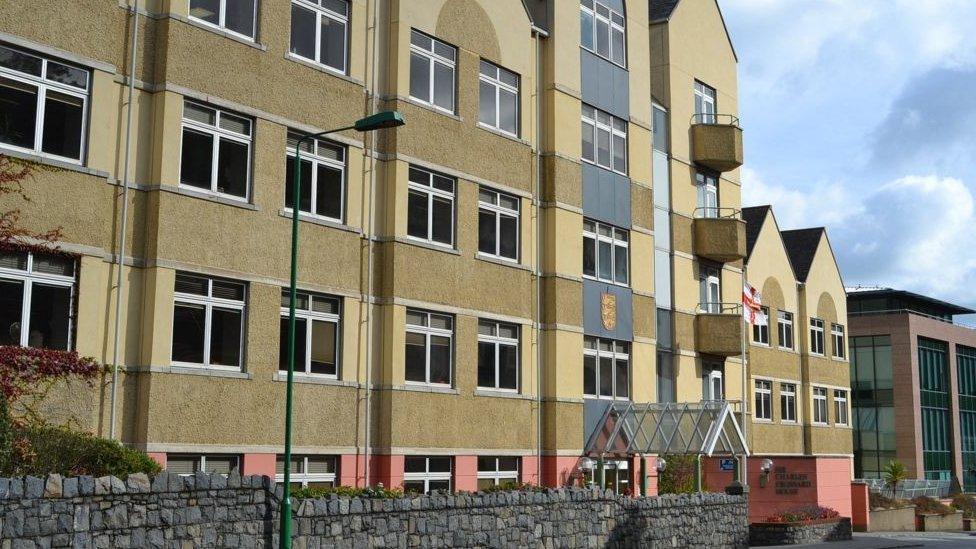
- Published12 April 2016

- Published9 July 2015
